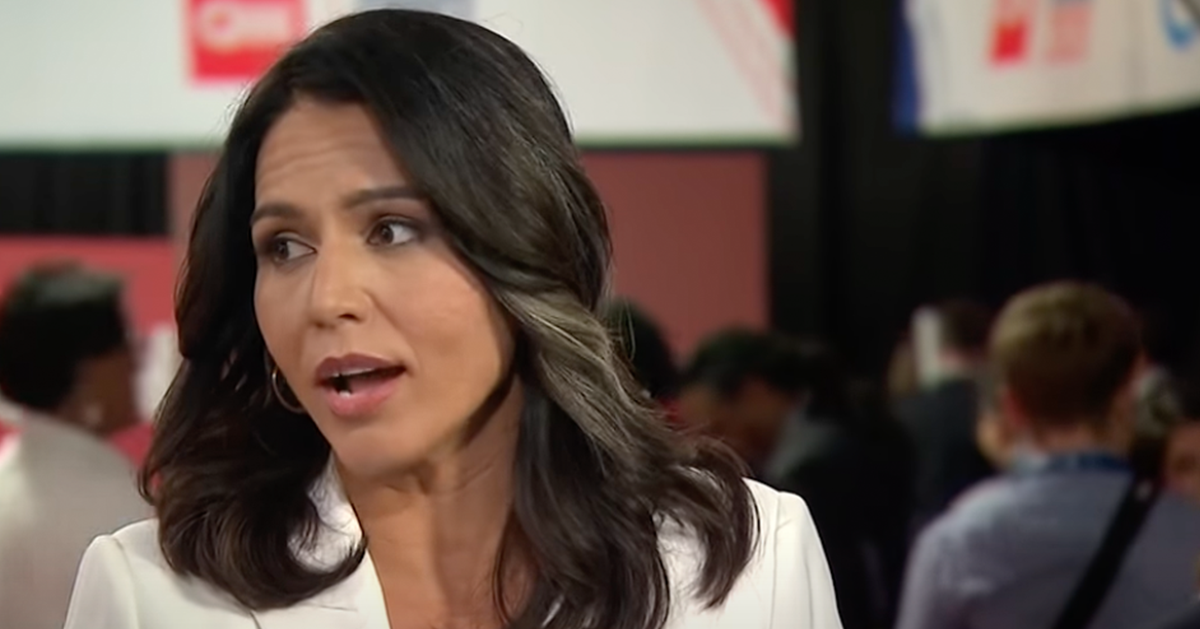Pete Hegseth redefines military strength as reliant on unity, not DEI
Secretary of Defense Pete Hegseth, chosen for the role by President Donald Trump, has taken a significant stance against the use of diversity, equity, and inclusion (DEI) programs in the military, emphasizing unity and collective purpose as the real power of the armed forces.
Hegseth highlighted his plans during a recent Pentagon address, outlining a shift away from DEI initiatives, as the Daily Wire reports.
On Friday at the Pentagon auditorium, Hegseth discussed critical issues impacting the U.S. military, including NATO alliances, the Afghanistan exit, and the role of DEI. His remarks have stirred debate, particularly his criticism of the phrase, "diversity is our strength."
As part of his agenda, Hegseth announced measures to cut DEI programs, focusing instead on creating a cohesive environment within the military.
His intentions also extend to reforming promotion and selection processes within the Department of Defense, as directed by President Trump. These reforms include the elimination of DEI quotas and instructions.
Hegseth Highlights a Shift in Military Culture
During his speech, Hegseth argued that the military's strength lies not in diversity but instead in unity and shared goals. "Our strength is our unity," he stated, underscoring the need for common purpose irrespective of background, upbringing, gender, or race.
In his efforts to treat all service members equitably, Hegseth emphasized a culture of fairness and respect, judging individuals by their dedication to the team. He believes maintaining this perspective helps avoid divisions and complications that compromise military efficiency.
Furthermore, Hegseth criticized what he sees as attempts to pit groups within the military against each other. According to him, efforts that prioritize one group over others weaken camaraderie, potentially jeopardizing mission success.
Reevaluating Military Celebrations and Perceptions
In a bold move, Hegseth has ended the observance of Black History Month and Women’s History Month within the military context. This decision is part of his broader strategy to eliminate segregating practices, instead focusing on shared purposes.
He also addressed the global perception of American military might, suggesting that past actions have projected American weakness. Hegseth expressed a need to restore this perception to prevent chaos and maintain deterrence.
Hegseth emphasized the importance of regaining confidence on the world stage, aiming to bolster American deterrence capabilities and prevent adversaries from doubting U.S. military resolve.
Investigating Past Military Failures
Another significant endeavor in Hegseth’s plan is to scrutinize the 2021 withdrawal from Afghanistan. He intends this investigation to be constructive, seeking to identify what errors occurred and why there was a lack of accountability. It is not an exercise in assigning blame but rather a step to learn and improve from past mistakes.
Hegseth’s emphasis is on understanding previous errors to prevent future failures, particularly those impacting international perceptions of American strength. He believes that a clear and courageous assessment of past military operations is crucial for reconstructing the U.S. military’s global standing.
While Hegseth's policies have sparked discussions, he remains focused on his mission of restructuring aspects of the Department of Defense. His initiatives reflect a departure from past practices, aiming for a unified and merit-based military force.
Restructuring for Future Success
As secretary of Defense, Hegseth seems committed to steering the military towards a new direction, focused on unifying forces rather than emphasizing differences.
His efforts are part of a broader strategy to sustain the readiness and effectiveness of U.S. military operations in a rapidly changing global landscape. Hegseth continues to advocate for an organization defined by collective mission objectives, where each member's merit and commitment are paramount.
By grounding his policies in equality and respect, Hegseth hopes to craft a military environment where all individuals are valued for their contributions, strengthening the organization from within.
Overall, Hegseth’s actions and rhetoric signal a pivotal shift in how the military views and utilizes the principles of diversity and strength. This recalibration of priorities intends to equip the armed forces with a unified vision, ensuring its preparedness for future challenges.






